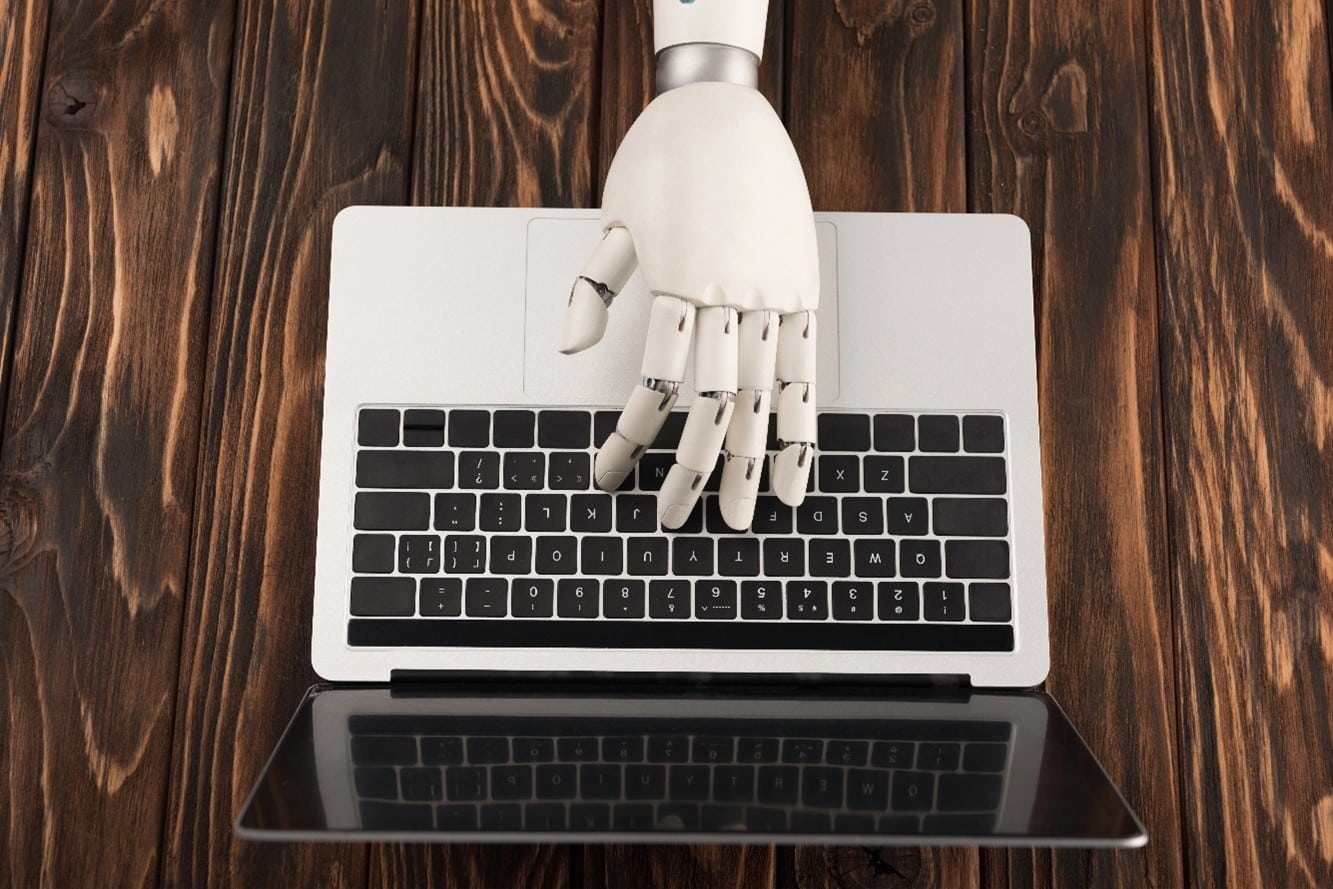
From speeding up data analysis to optimizing customer interactions, AI tools make it easier to do more in less time. But as AI’s presence grows, so do concerns about its impact—especially in creative and marketing fields. Will AI replace jobs? Will it create inauthentic content? Expose lazy businesses as frauds? How can companies use it without crossing ethical lines?
These are valid questions, and marketers must address them head-on. The truth is AI doesn’t have to be a threat to creativity or integrity. When used thoughtfully, AI is simply a tool that enhances what humans do best.
Why AI Is Essential to Modern Marketing
Staying competitive requires working smarter, not harder—and that’s where AI shines. For marketers, Artificial Intelligence tools can elevate strategies. Responsible AI usage can analyze massive datasets in seconds, identify trends, and provide actionable insights that would take humans weeks to uncover.
Take search engine optimization (SEO) as an example. AI tools can dig into keyword data, track competitors’ strategies, and suggest optimizations that align with search engine algorithms. Artificial Intelligence is also a game-changer for personalization. From recommending products based on browsing history to crafting hyper-relevant email campaigns, generative AI can tailor marketing efforts to individual customer needs. But while these capabilities are exciting, they’re not without risk. Without careful oversight, AI can lead to generic, robotic content and even cross ethical boundaries.
That’s why AI’s role should be to amplify human effort, not replace it. For example, at K6 Digital Marketing, we use AI to speed up tasks like keyword research and competitor analysis. But when it comes to creating content, the human touch remains front and center. Our proven result? Strategies that are both data-driven and deeply personal.
What NOT To Do With Generative AI Tools
People can smell a fraud from miles away. Coca-Cola has long been a beloved part of the Christmas season, known for its heartwarming and nostalgic holiday commercials. However, things took a turn as they landed their names on the naughty list of public favor when the company released an AI-generated ad. This sparked a backlash, with viewers criticizing the lack of authenticity and emotional connection that typically define Coca-Cola’s holiday marketing. Critics argued that while the ad showcased impressive AI-generated visuals, it fell short of delivering the warmth and storytelling that fans associate with the brand. This controversy- while a real miss for the brand- offers a crucial lesson for marketers: even with powerful AI tools, creativity, and genuine human connection are irreplaceable in crafting campaigns that truly resonate with audiences.
The Job Displacement Debate- Ethical Considerations Among Strikes
One of the biggest fears surrounding AI is that it will replace jobs, especially in creative industries. The Animation Guild, representing thousands of creatives in film and TV, has begun striking for this very reason. Content writers, designers, and strategists share their fears of replacement, especially as AI tools like ChatGPT gain popularity for creating visuals, scripts, and even marketing campaigns.
But here’s the thing: AI Technology lacks the critical thinking, emotional depth, and cultural awareness that only humans bring to the table.
Rather than replacing your creative team, AI should be their assistant. Think of it this way: AI can churn out a basic outline or provide a list of trending topics, but it’s the humans who craft stories that resonate, challenge ideas, and evoke emotion. By automating the repetitive tasks that bog down creative teams, AI frees them to focus on higher-level work like strategy, storytelling, and campaign development.
Ethical AI in Content Development
If you’ve ever read a piece of AI-generated content, you know it can sometimes feel… flat. Or, to be kinder: formulaic. That’s because AI, for all its processing power, lacks the human experiences that make content relatable and engaging.
At K6 Digital Marketing, we use AI for idea generation and research—never as a replacement for actual writing. We love our writers! For example, we use an AI tool to analyze what topics are trending in a client’s industry or to identify gaps in competitors’ content strategies. This saves hours of manual labor and gives us a solid foundation on which to build.
But the actual content? That’s all human. Our writers take the data-driven insights AI provides and craft blog posts, web pages, and social media content that reflect the client’s voice and connect with their audience on a deeper level. AI helps us get to the starting line faster, but it’s human creativity that wins the race.
This approach also ensures that content doesn’t feel robotic. No one wants to read a blog that sounds like it was spat out by a machine!
Best Practices for Ethical AI Adoption in Marketing
If you’re serious about using AI ethically, here’s how to get it right.
Be Transparent
Your clients and employees deserve to know how you’re using AI. If you’re using it to streamline workflows or enhance strategies, say so. Transparency builds trust and ensures that everyone feels included in the process.
Invest in Training
Don’t let AI become a source of fear in your organization. Offer training programs to help employees understand and work with AI tools.
Use AI to Free Up Creative Energy
AI excels at repetitive tasks like data entry or report generation. Use it to handle these tasks, so your team can focus on what they do best—thinking strategically, brainstorming big ideas, and connecting with audiences.
Always Have a Human in the Loop
Whether it’s content creation, customer service, or data analysis, AI should always have human oversight. This makes sure that outputs are ethical, accurate, and aligned with your company’s values.
Reframing AI as a Partner, Not a Threat
At its core, ethical AI is about finding harmony between technology and humanity. AI is a powerful tool, but it’s just that—a tool. It doesn’t have the creativity, empathy, or critical thinking that humans bring to marketing.
With the right approach, AI can empower marketers to do more—faster, smarter, and ethically. Isn’t that the kind of innovation we all want to stand behind?




